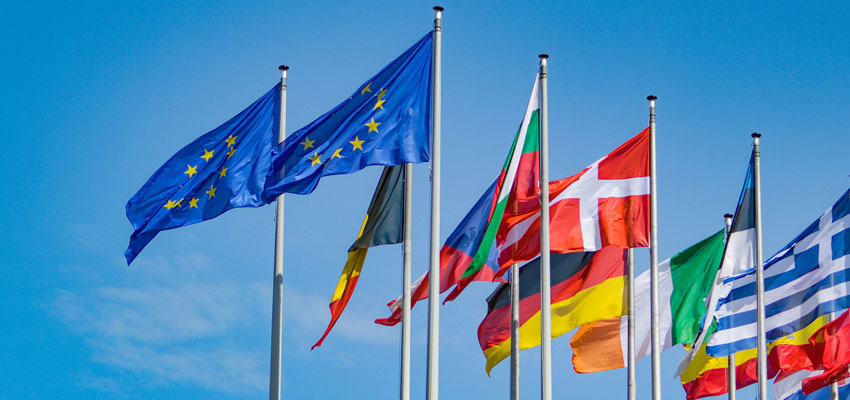on the monitoring of nickel in food provides for the analysis of certain foods that may contribute significantly to nickel exposure.
Nickel is a widespread component of the earth's crust and is ubiquitous in the biosphere. Its presence in food can be of both natural and anthropogenic origin.
In 2015, the European Food Safety Authority (EFSA) issued its scientific opinion on the risks to public health from nickel in food and drinking water. The opinion analyses and classifies the risks of reproductive disorders and the development of diseases due to chronic oral exposure. Skin irritation and eczema and an increase in allergic reactions were cited as critical effects of acute oral nickel exposure in susceptible individuals.
Based on the available occurrence data, Commission Regulation (EU) 2023/915 established maximum levels for nickel in various foodstuffs.
However, for some foods that are relevant for the overall exposure to nickel, there was not enough occurrence data available to set appropriate maximum levels. Therefore, Commission Recommendation (EU) 2024/907 on the monitoring of nickel in food was published.
This Recommendation calls on Member States to monitor nickel levels in food in cooperation with food business operators in the years 2025 to 2027.
The monitoring should cover food supplements, chocolate, chocolate spreads, nut spreads, cocoa beans, cereal products (in particular breakfast cereals, cereal flakes and oat flakes), instant soups, coffee, tea, vegetables, seaweed, oilseeds, soya products such as tofu and soya drinks, pulses, nuts, fish and other seafood.
YOUR PLUS: AGROLAB GROUP offers you accredited nickel analyses in food. Your analysis request will be accepted by any AGROLAB laboratory.
Author: Dra. Isabel Gómez (AGROLAB Iberica)

 Contact
Contact

 Contact
Contact Career
Career